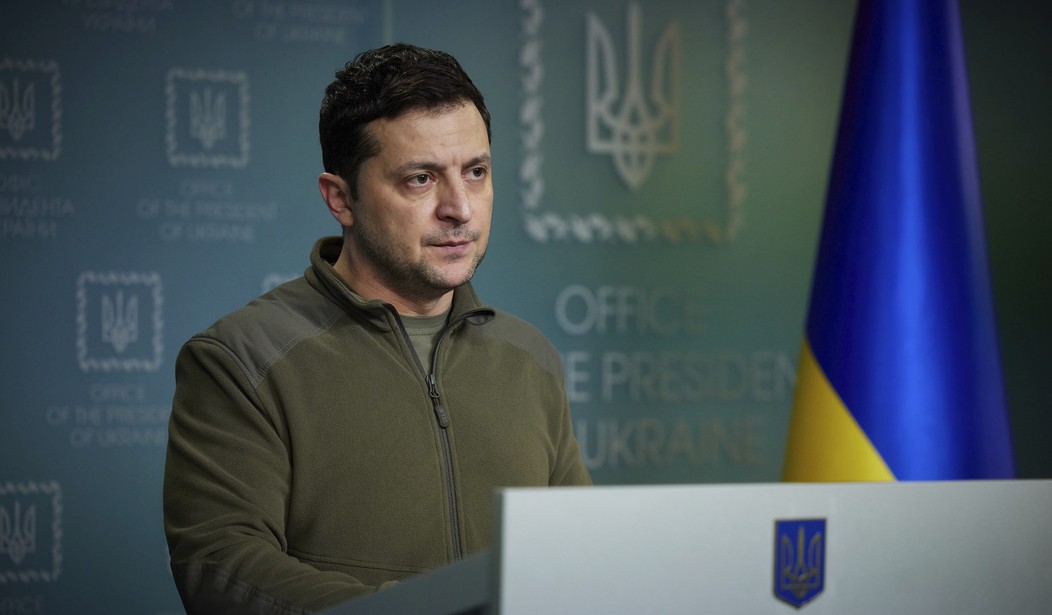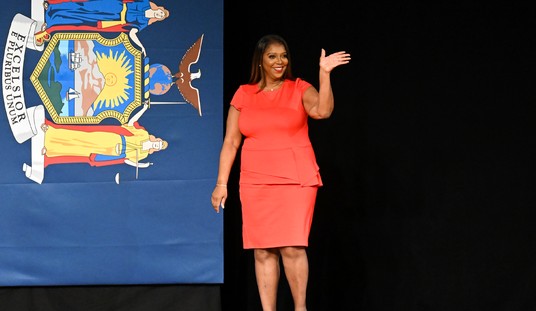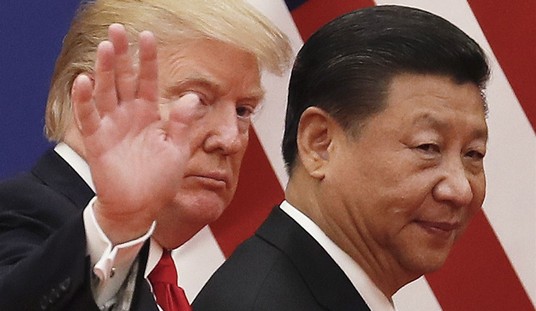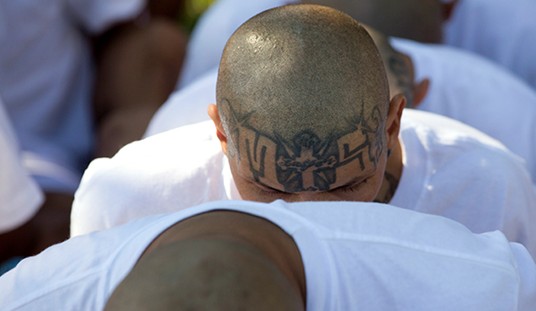For weeks, critics of Ukrainian President Volodymyr Zelenskyy’s government and Western policy toward Russia have argued that the Ukrainian ‘counteroffensive’ isn’t progressing nearly as swiftly as reported. The admission of this slow progression, straight from President Zelensky himself, highlights a much-debated reality of war.
Western media, particularly those in Europe, have been regularly relaying the narrative of Ukraine dominating in their conflict with Russia. This perspective, however, has not been shared evenly across the media landscape. Experts and commentators presenting alternate viewpoints have been relegated to social media platforms like Twitter, their perspectives largely absent from mainstream media. Elon Musk ally David Sack, for example, explained on Twitter that the most likely scenario now is that the conflict will result in a stalemate or that Russia will “take more territory and win the war, as [Russia expert John, red.] Mearsheimer has predicted.”
Zelenskyy’s recent confession about the Ukrainian counteroffensive’s slower than expected progress may force a change in this narrative. “Some people believe this is a Hollywood movie and expect results now. It’s not. What’s at stake is people’s lives,” he stated.
Failed Diplomacy
This poignant admission echoes the sentiments of those who have advocated for a diplomatic resolution over warfare. They argue that the attempt at diplomacy made last year, unfortunately quashed by British Prime Minister Boris Johnson, could have been a more humane and sensible path.
Russian President Vladimir Putin had recently proposed a tentative agreement: Russia would revert to pre-war lines, and in return, Ukraine would commit to staying out of NATO. This deal, however, was forced into cancellation by Johnson, who acted as the voice of the collective West, particularly the Biden administration.
The implications of this conflict are clear and dire. Ukrainian and Russian soldiers are losing their lives at an unprecedented rate. Ukraine, with its limited military potential compared to Russia, is bearing the brunt of this conflict. The human cost, coupled with the country’s shrinking resources, is turning Ukraine into a battleground where its citizens are losing everything — their wealth, homes, and lives.
Peace
Western nations, and in particular the Biden administration, seem to remain unflinching, even benefiting from this ongoing conflict. As was reported in a recent conversation between a Blackrock recruiter and journalist James O’Keefe, war is “real f-word good for business.”
BREAKING: @BlackRock Recruiter Who “Decides People’s Fate” Spills Info on Company’s World Impact
“It’s not who the president is- it’s who’s controlling the wallet of the president”
“You got $10K? You can buy a senator"
“War is real f***ing good for business” #BlackRockExposed pic.twitter.com/DZIy1DuZKF
— James O'Keefe (@JamesOKeefeIII) June 20, 2023
The human toll, however, tells a vastly different story. The situation in Ukraine is not a movie, nor a game. It’s real life, where people’s lives and futures hang in the balance. There’s a dire need for more voices in the mainstream media and the international community to acknowledge the situation in Ukraine for what it is — a harrowing human crisis. It’s time to revisit the diplomatic channels, instead of fanning the flames of war, because as Zelenskyy rightly noted, what’s at stake is people’s lives.
Exclusively for our VIPs: Biden Risking Another ‘Forever War’ by Moving to Invite Ukraine to Join NATO
This viewpoint may not resonate with everyone in the West, but it’s worth putting forth: the only logical way forward, the only viable exit from this catastrophic conflict, is to broker a peace deal. A diplomatic solution that respects the sovereignty and integrity of all involved nations, while preventing further loss of life, is the need of the hour. Given the human, economic, and geopolitical consequences, continuing down the path of armed conflict will likely lead to a stalemate with no real winners. It’s crucial that we set aside prevailing narratives, biases, and vested interests to facilitate a dialogue that can pave the way for peace. This isn’t about taking sides; it’s about choosing humanity over destruction, peace over perpetual war. This is a path that requires courage, diplomatic skill, and a willingness to compromise, but the potential rewards — a stable Ukraine and a peaceful Europe — make the endeavor worthwhile.









